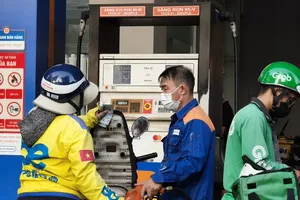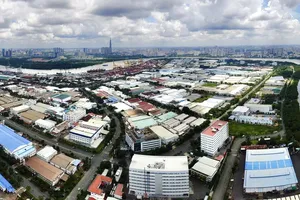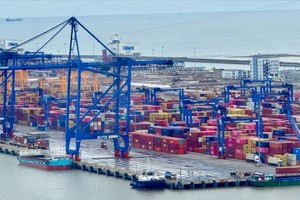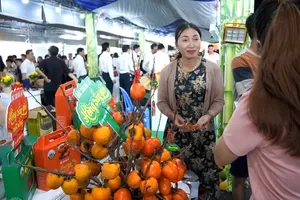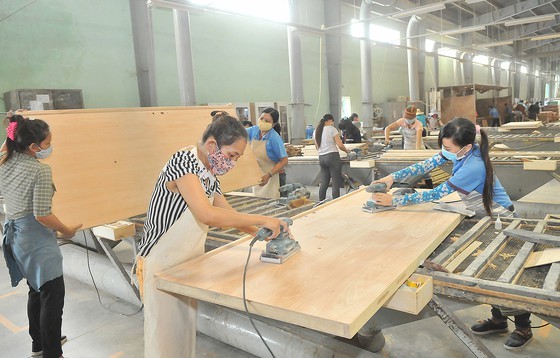
Two major Canadian steel companies in November 2019 pressed charges against Vietnamese exported galvanizes steel. Based on initial findings, there was no evidence to suggest that the Vietnamese government was backing its galvanized steel manufacturers, said Ministry of Industry and Trade.
The manufacturers in question, whose yields account for about 97% of total galvanized steel exports from Vietnam to Canada, offered full cooperation in the case.
Expected on November 13, after a full assessment of the damage to the domestic steel industry, Canada will reach a final conclusion. In the case of no damage conclusion, Canada will not impose anti-dumping duty on Vietnam's COR steel.
The Canadian government is expected to release an official statement on November 13 after the damage to its steel industry has been fully assessed.
Vietnam would not be subjected to an anti-dumping duty if no signs of damage are found, the press was informed. Steel import tax rate would be reduced from 36.3 - 91.8% to 2.3 - 16.2% upon the final conclusion.
According to the Ministry of Industry and Trade, these are good news for the export industry, especially when many countries are taking full advantage of safeguard measures to protect domestic production and limit foreign imports.
However, many businesses still fret being put through investigations despite preliminary results of the Canadian steel lawsuit ruling in favor of Vietnam.
The US on October 15 officially opened a Section 301 investigation on Vietnam which could pave the way for new tariffs on imported goods including textiles and garments, said Vietnam Textile and Apparel Association (VITAS).
Vietnam is currently the second largest garment and footwear supplier to the US market and has been growing strong since 2016.
The American Apparel & Footwear Association in a letter to VITAS expressed its disagreement with the decision and emphasized the importance of Vietnam as a partner for the US apparel and footwear industry, especially now that US enterprises are trying to cut down supplies from China.
Imposing a new punitive tax on textiles and garments from Vietnam might disrupt the US market’s supply chain and put a burden on US consumers due to increased commodity prices, VITAS told the press.
Regarding the trade barriers, Vietnamese commercial counselors abroad advised manufacturers to prepare competent legal teams to complete documents on the demand of trade investigators, in addition to improving production quality.
On the other hand, a Vietnamese business owner believes that commercial counselors should assess the feasibility of future lawsuits to mitigate time and financial loss.
Another problem posed by Vietnamese businesses is diversifying export markets. However, their surveying capacity and market orientation are inadequate and would require commercial counselors to have detailed survey and assessment of consumption trends in export markets.
According to Deputy Minister of Foreign Affairs Dang Minh Khoi, Vietnamese export companies need to work together to build a specific and clear market penetration strategy for foreign representative agencies to offer the appropriate counseling and stave off trade defense lawsuits.
